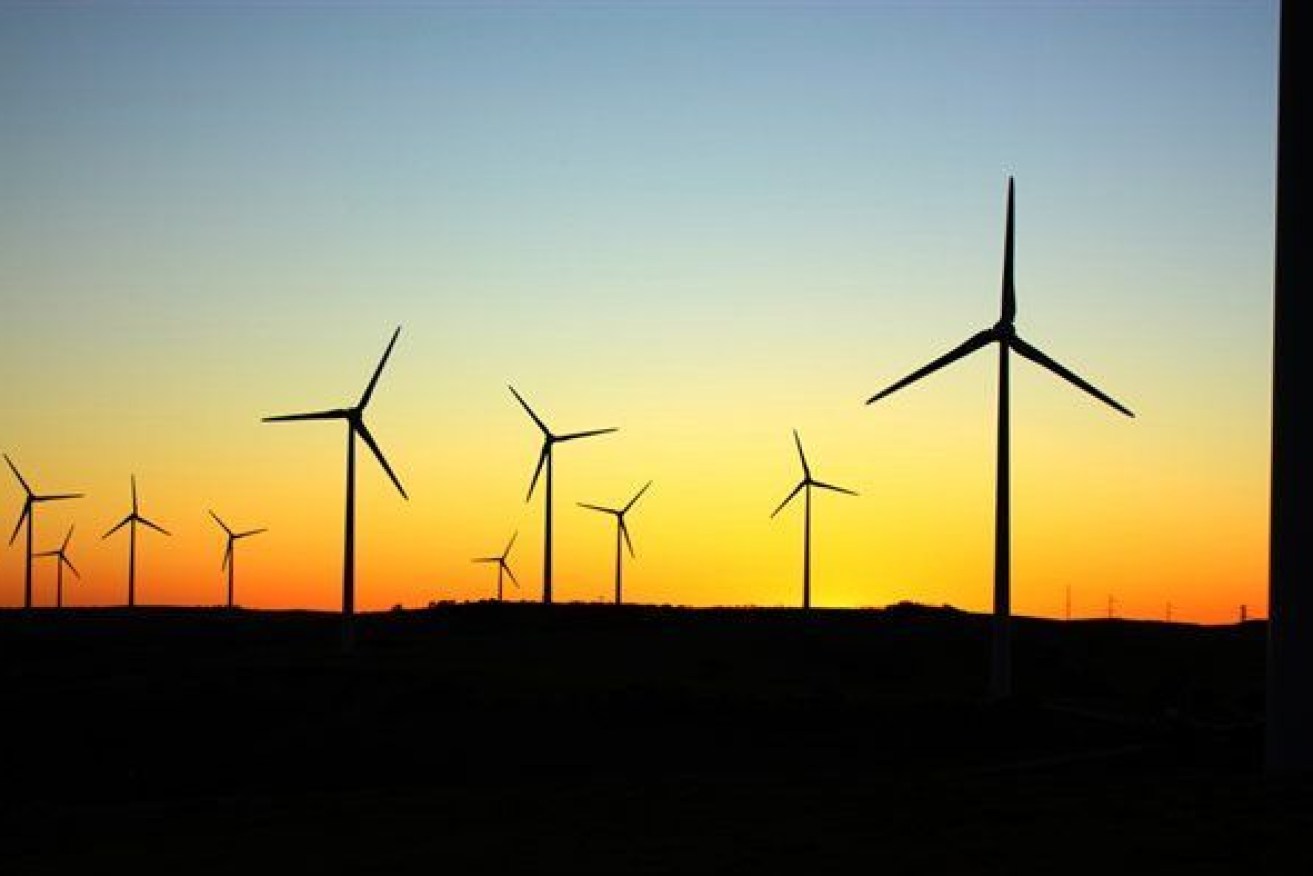Climate Institute announces closure, citing lack of funding

The latest NewsPoll indicates we are not prepared to pay for renewable energy. Photo: AAP
After a decade of climate advocacy work, climate change research organisation the Climate Institute has announced it will be closing in late June.
The non-profit’s survival has until now been dependent on donations, and it has cited a lack of funding as the reason for its closure.
Best known for its Climate of the Nation reports, the organisation also helped, among other things, expand the renewable energy target in 2008.
Chief executive John Connor said he hopes others will pick up where the Climate Institute left off.
“Doing some of that work, and building the partnerships to cross the divide and dealing with business, energy and other groups is a bit thinner so I am concerned that work needs to continue,” he said.
“The last thing we want is for this to get stuck in the trenches, and that is a gap I think we will be leaving but hopefully can be filled.”
At the time it was founded in 2005, the Climate Institute was the only non-government organisation focused solely on climate change.
The director of ANU’s Climate Change Institute, Mark Howden, said the future of Australian climate research needs a better funding model to stay alive.
“In Australia we tend to have a bit of a problem in terms of finding the continuity of funding that countries [in] Europe … and in America tend to get,” Professor Howden said.
“I think part of the issue here is we need to develop those diverse funding sources so that we don’t have the falling off the cliff problem we’re seeing with the Climate Institute.”
Better funding model needed: researchers

Carbon tax supporters share their message on the lawns of Parliament House in December 2016. Photo: AAP
Since late 2015, the Climate Institute has flagged it was in financial trouble, but Mr Connor said the organisation’s message has always been lost on politicians.
“We have had these toxic politics over the last decade, but I just think it’s frankly unsustainable,” Mr Connor said.
“We do have businesses and investors and companies now crying out for integration of climate and energy policy because it’s actually costing us more.
“Frankly the fights we’ve had over the last decade mean that might be the only solution, because the coal plant takes 10 years to build, and significant-sized solar power with batteries can take less than one year.”
Others in the conservation movement, including Climate Council chief executive officer Amanda McKenzie, said they were saddened by the Climate Institute’s announcement.
“They’ve done enormous efforts around engaging the private sector, climate change diplomacy and research in a whole range of important areas, so it will definitely be a loss to see them go,” she said.
Formerly known as the Climate Commission, it was abolished in 2013 by the Abbott government, and has since reformed with the help of public donations.
“It’s critical to have non-government climate work,” Ms McKenzie said.
“Twenty thousand people put their hand in their pocket and said ‘We’ll give you $20 a week or we’ll help you out to make sure there is independent research’.”
-ABC








